CURRENT MEMBERS
My research has focussed on the role of protein homeostasis in normal and malignant stem cell development.
I undertook my PhD at King’s College London with the late Dr. Veronica Yu and Prof. David Grimwade, where I studied the role of protein homeostasis under the control of the cyclin dependent kinase subunit (CKS)1/CKS2 axis across stem cell systems including neurodevelopment, embryonic stem cells, haematopoiesis and acute myeloid leukaemia (Kukalev et al. 2017 Cerebral Cortex, Grey et al. 2018 BBA). During this time, I found key protein signalling cascades involved in normal and malignant haematopoiesis, spurring my interest in the role of protein homeostasis in haematopoiesis and leukaemia.
I continued studying protein homeostasis in the haematopoietic system during my postdoctoral position with Prof. Dominique Bonnet at the Francis Crick Institute, studying the kinome in human haematopoietic stem cells (HSCs), developing better protocols for expanding HSCs in vitro (Grey et al. 2020 Blood). During my time at the Crick, I also studied the role of CKS1-dependent proteostasis in acute myeloid leukaemia (AML), demonstrating dual roles for CKS1 in AML and healthy haematopoiesis, and particularly a vulnerability of leukaemic stem cells (LSCs) to inhibition of CKS1-dependent protein degradation with potential for therapeutic targeting of CKS1 in AML (Grey et al. 2022 Sci.Trans.Med.).
My research group at the York Biomedical Research Institute is funded by a MRC Career Development Award, a MRC National Mouse Genetics Network Director’s Fund, Leukaemia U.K., the Children’s Cancer and Leukaemia Group, the Lady Tata Trust and the European Haematology Association. We are studying the role of protein homeostasis in normal and malignant stem cell development across stem cell systems, with a principle focus on the transformation of healthy HSCs to malignant LSCs. We also lead the U.K. patient derived xenograft biobank in association with the Mary Lyon Centre at MRC Harwell.
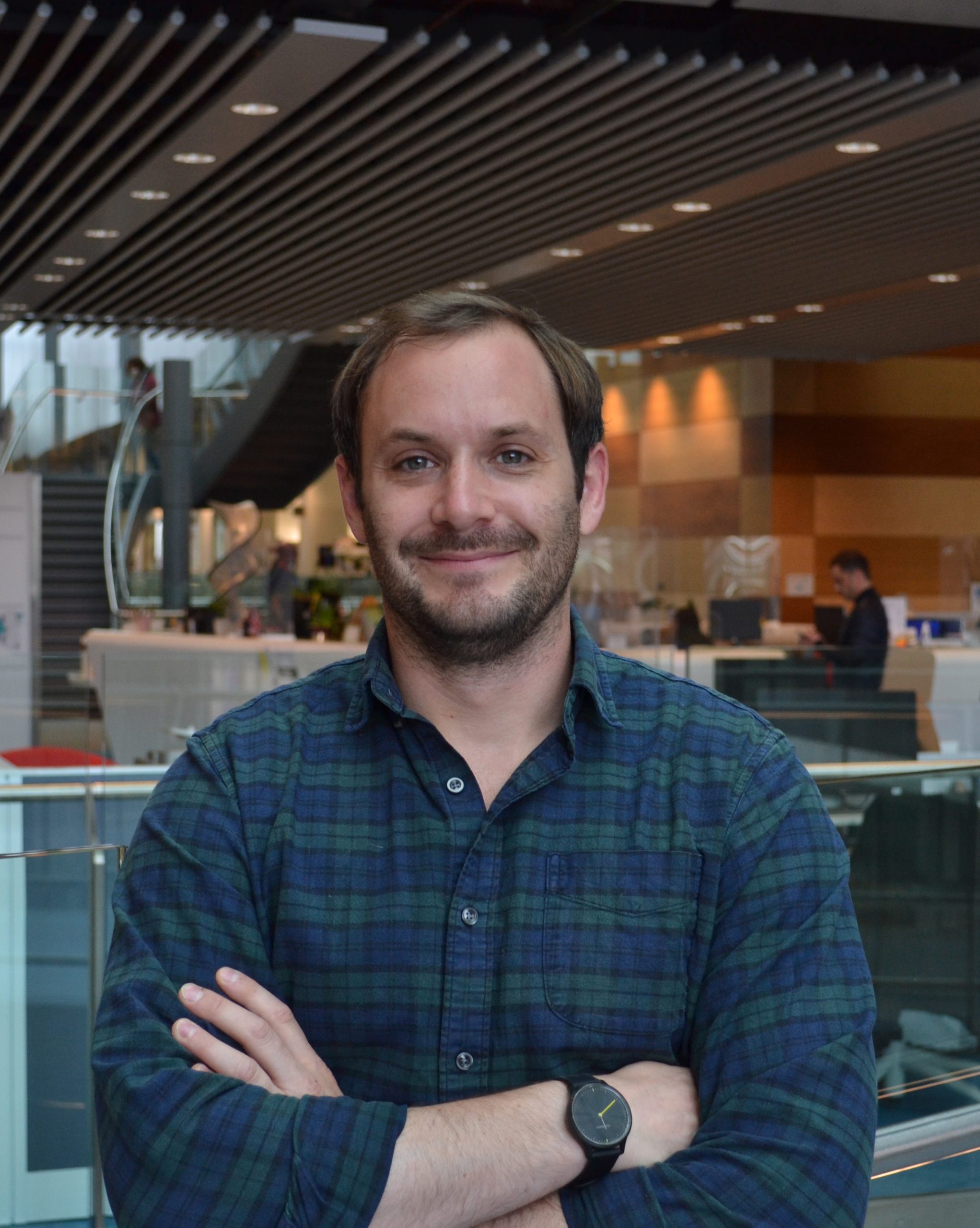

Juliana completed her BSc in Biology at UNESP (Brazil) during which she received the Science Without Borders grant that facilitated a year studying at the University of York (UK). Her BSc project resulted in her first research paper on the effects of triclosan on the activation of hepatic fibroblasts. During her Master’s in Molecular Biology at Vrije Universiteit Brussel (Belgium), she gained interest in immunology and cell-cell interactions studying the dynamics of the brain immune system in the development of infection-induced inflammation.
Juliana received her Ph.D. from the University of Liverpool (UK) on immune-oncology. Her work focused on identifying and targeting a macrophage-derived molecule responsible for shaping the tumour microenvironment in the metastatic liver of pancreatic cancer. Following her interest in addressing the therapeutic challenges of cancer biology, she joined the Grey Lab in York as a Postdoctoral Research Associate in May 2023 to study how protein homeostasis modulates AML development and relapse.
Dr Anjum Khan is a consultant haematologist who holds an MRC Clinical Academic Research Partnership award to lead joint projects with the Grey lab.
Anjum has research interests in acute myeloid leukaemia and myeloid malignancies, with an overlapping focus on allogeneic stem cell transplantation and immunotherapeutic approaches to treat blood cancers. He has a particular focus upon identifying the underlying mechanisms driving leukaemic stem cells and chemotherapy resistance. His research focusses upon identifying and applying novel targeted therapies in adverse risk and relapsed or refractory settings, with particular application
to lower toxicity agents suitable for older people.
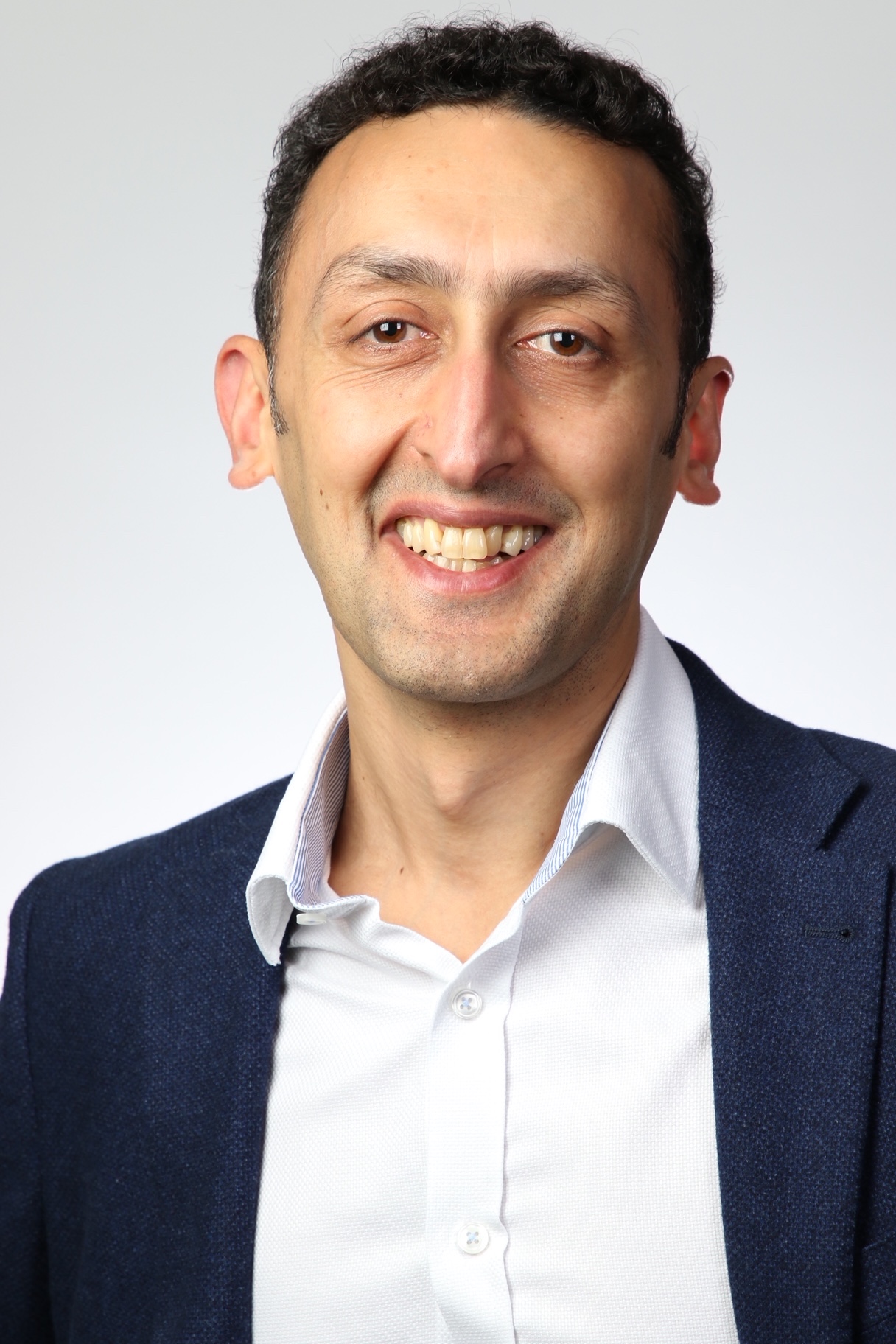
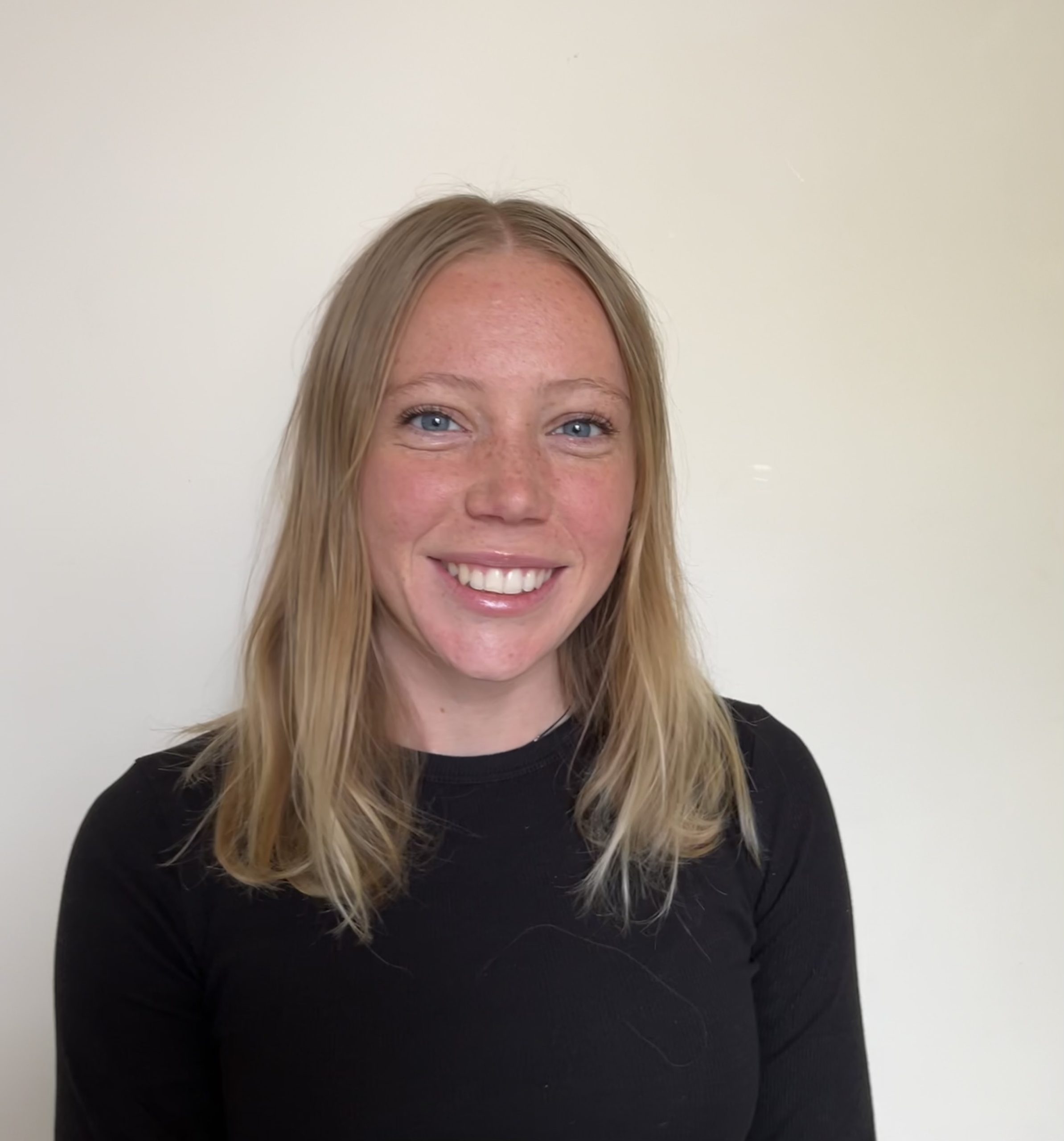
I earned my BSc in Biomedical sciences from the University of Warwick. During this period, I also gained valuable experience through internships involving utilising novel techniques for peptide synthesis and identifying molecules to target cancer cell phosphatidylserine. I then moved to the University of Liverpool to complete my MRes in Biomedical Sciences and Translational Medicine to pursue my interest in cancer cell biology.
At the University of Liverpool I carried out research under the supervision of Dr McClurg, focusing on the role of meiotic proteins, specifically those of the synaptonemal complex, when aberrantly expressed in cancer cells. This experience furthered my interest in malignant cell biology research and identifying novel therapeutic targets. I therefore chose to begin my MRC-DiMeN PhD at the Grey lab in October 2023. Here I look forward to investigating the malignant transformation of hematopoietic stem cells (HSCs) to leukaemia stem cells (LSCs), as well as the outgrowth of umbilical cord blood derived HSCs.
Will obtained his PhD in Immunology from the University of Manchester in 2017, studying the passenger leukocyte reservoir in solid organ transplantation and how direct transfer of donor immune cells impacts upon the rejection response. Using ex vivo perfusion circuits allowed evaluation of the early migration process upon restoration of blood flow through the donor organ. Following on from his PhD work, Will undertook British Heart Foundation funded postdoctoral research positions in the Ponnambalam lab at the University of Leeds, studying the post-translational mechanisms that control VEGFR2 levels in human endothelial cells. This work successfully identified key ubiquitination enzymes that control VEGFR2 availability, signalling and function, which impacts significantly upon new blood vessel formation.
Will joined the Grey Lab in April 2024, where he will undertake studies to identify proteomic changes across the transition from healthy haematopoietic stem cells to malignant leukaemic stem cells.


I completed my BSc in Biomedical Science at Newcastle University. During this time, I undertook an industrial placement at GSK where I worked in the Screening, Profiling and Mechanistic Biology department working to validate the transfer of a 3D spheroid assay onto a fully automated cell screening platform. This gave me experience and valuable lab skills working with a lot of high throughput automation and developing my passion for research.
In my final year, my research project focused on characterising and validating a novel neutrophil cell line and investigating the interactions with liver cancer cell lines. This furthered my interest in both cancer biology and immunology and the underlying mechanistic biology. This then prompted me to join the Grey lab in September 2024. Here I look forward to my project which will involve looking at organelle distribution and hematopoietic stem cell (HSC) biophysical activity working on imaging, flow cytometry and cell sorting platforms.
I earnt my BSc in Biomedical Sciences from the University of the West of England, Bristol. During this period, I conducted my final year research project in Dr Morse’s lab, where I explored novel non-genotoxic therapeutics in Multiple Myeloma. This study was designed to confirm the therapeutic effects of natural plant compounds in vitro and to identify whether these compounds may offer a therapeutic intervention in MM when combined with current MM therapeutics using the U266 cell line as a model. Due to the clinical potential of this study, I continued this research project as part of my MRes.
I continued to develop my research skills as a research technician. During this time, I worked on several research projects in the Healthcare Associated Infection Research group under Professor Mark Wilcox, using a clinically reflective in vitro gut model to profile the dynamics of C. difficile infection (CDI) and recurrence. Data generated from these studies was used to optimise drug dosing concentrations and to inform potential drug targets which have directly led to a clinical trial application.
Following my interest in Multiple Myeloma and addressing associated therapeutic challenges, I have received a YGRS scholarship funded PhD position in the Grey Lab. I aim to investigate the fundamental protein biology of Multiple Myeloma at diagnosis and relapse, leading to a new understanding of the disease and better treatment of patients.
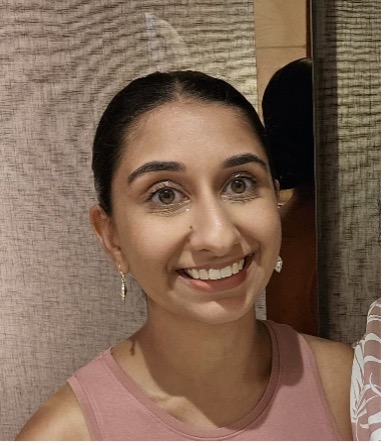

I’m Navin, a Research Technician with a Master’s in Biology (Genetics) from the University of York. I specialize in super-resolution microscopy, focusing on 3D organelles and cytoskeletal structures. Alongside imaging, I develop Python and ImageJ workflows for quantitative data analysis. Previously, I completed an N8-funded studentship at the Coverley Lab, building high-throughput image analysis pipelines. My experience includes internships at Rothamsted Research ( Weighted Gene Co-expression Network Analysis) and North Goa District Hospital, India (SARS-CoV-2 nanopore data analysis). I’m passionate about combining advanced imaging techniques with computational analysis to uncover cellular intricacies.
PAST MEMBERS
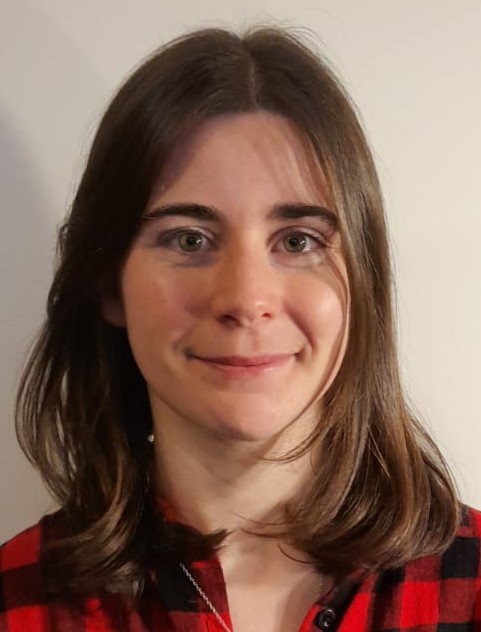

While at Durham University studying for my Master’s degree, I quickly discovered my interest in the molecular mechanisms behind various proteins. In my third year, I particularly enjoyed completing my dissertation on the structural properties of fibronectin-binding proteins and their role in the pathogenesis of S. aureus. Prior to starting my Master’s, I undertook an internship in a nematology lab, where I investigated the effect of knocking down protein kinases of the Wnt signalling pathway on cell fate determination in C. elegans embryos. This internship played a pivotal role in gravitating my focus towards the molecular intricacies of protein kinase signalling pathways.
As a result, my Master’s research project focussed on the multifaceted interactions of the tyrosine kinase Src during mammalian cytokinesis, including its involvement in abscission events and modulating cytoskeletal dynamics. In order to further explore my interest into the intricacies of protein signalling pathways, I joined the Grey Lab in July 2023 as a Research Technician. Here, I look forward to acquiring invaluable insight and knowledge into protein homeostasis in the context of healthy and malignant haematopoiesis.
I am currently an Undergraduate at Cardiff University studying Biomedical Science undertaking a placement in the Grey Lab. I joined the Grey Lab in September 2023 where I will be based for the year, developing my research and laboratory skills to gain new experience. During my second year at university, I partook in a research week project based on looking into the role of the pro-inflammatory cytokines IL-1 (interleukin-1) and oncostatin M (OSM) in osteoarthritis, this allowed me to learn new techniques which I can apply to my placement year in the Grey Lab .
My project in the Lab will focus on the development of spectral unmixing of high parameter flow cytometry on primary blood stem cells using CytoFlex instrumentation to deconvolute complex populations of stem and progenitor cells from both mouse and human origin. This will incorporate my interests in stem cells as well as cancer research and apply the knowledge I have learned into laboratory research.
